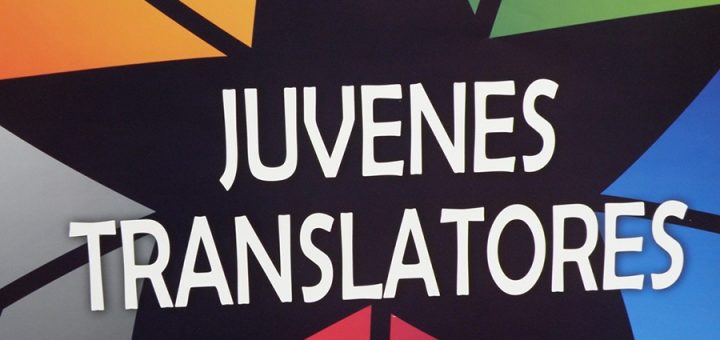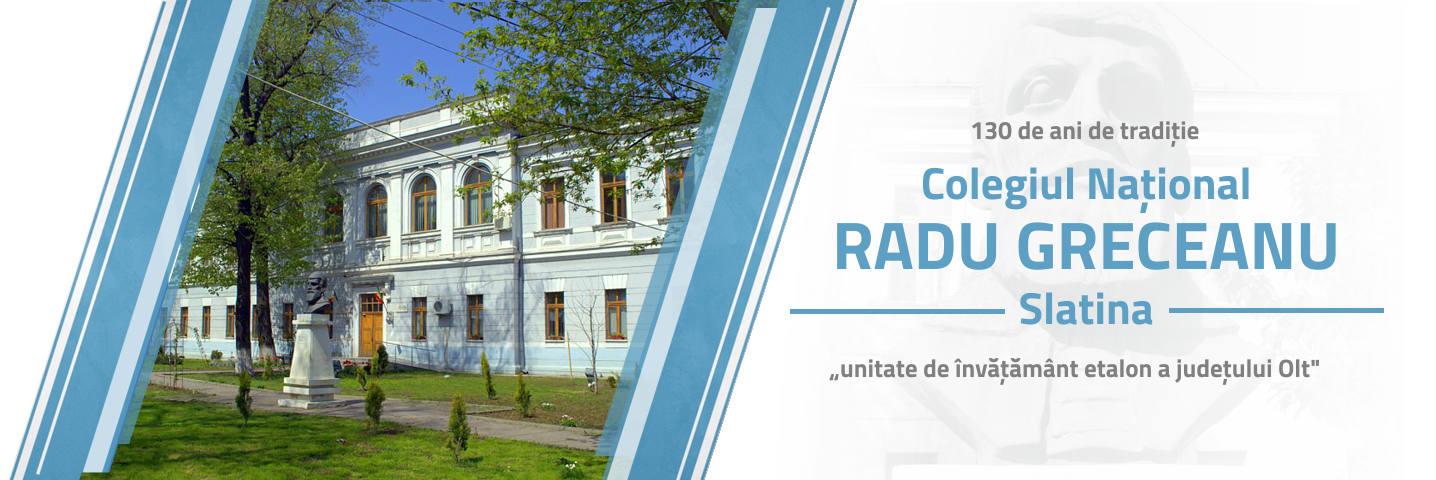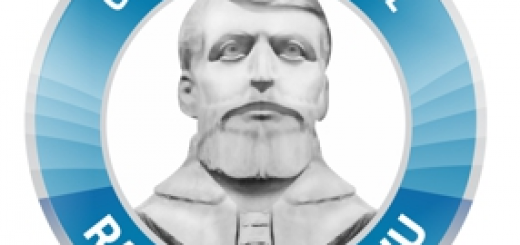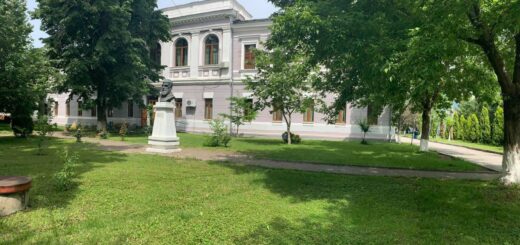JUVENES TRANSLATORES – a single language, a single lifestyle, a singular forma mentis?

JUVENES TRANSLATORES – a single language, a single lifestyle,
a singular forma mentis?
European Citizenship was the theme of the 2013 Juvenes Translatores texts for translation, and as Commissioner Vassiliou reminded the winners, parents, teachers and colleagues in her introductory speech at the awards ceremony on 8 April, there is no need to panic: the EU is not bent on replacing national identities with a common European identity, but instead serves to enrich them by fostering cultural interaction.
Translation, of course, lies at the heart of this interaction. If the world were organised as a single country, translation would be its official language; this is already the case for Europe, as famously proclaimed by Umberto Eco. Translation was also the common language at the awards event. This seventh Juvenes Translatores contest was the most multilingual to date, with 157 different language combinations chosen by over 3 000 teenagers from 751 schools across the EU, breaking the records set the previous year, thanks in part to the arrival of Croatia.
Director-General Rytis Martikonis, in his introductory speech, expressed his pride in these statistics, and applauded the greater ‘gender equality’ among this year’s 28 winners, there having been many more female winners in the previous contest. Above all, Mr Martikonis highlighted the importance of curiosity as an essential virtue of translators, who are always willing to learn, discover, comprehend fully and find the most appropriate way of transmitting newly acquired knowledge in another tongue.
Commissioner Vassiliou congratulated teachers in particular for fostering curiosity in their students, and also for their time, patience and creativity. She also praised the diversity of this year’s winners. The highlight of the ceremony was when the winners themselves took the floor, with five lively and inspiring teenagers giving speeches of their own, and sharing their views on translation and the importance of multilingualism in an ever-evolving Europe.
 Andreea Florina Săndiță, the Romanian winner, from the National College ’RADU GRECEANU’ (Slatina-Olt), spoke of monolingualism as a form of illiteracy; only recently, the Guardian reported that the number of undergraduates on full-time modern foreign language courses in the UK is at its lowest point in a decade. Hence, there is a need for initiatives such as Juvenes Translatores, which is so much more than a competition.
Andreea Florina Săndiță, the Romanian winner, from the National College ’RADU GRECEANU’ (Slatina-Olt), spoke of monolingualism as a form of illiteracy; only recently, the Guardian reported that the number of undergraduates on full-time modern foreign language courses in the UK is at its lowest point in a decade. Hence, there is a need for initiatives such as Juvenes Translatores, which is so much more than a competition.
Languages are about much more than communication: they can also be an expression and celebration of a dynamic collective identity, and of the interaction among identities constantly feeding one another. This is very much the message of the Juvenes Translatores anthem, sung by the choir at the closure of the ceremony, combining lyrics in Latin, English, French, German and Spanish.
Lista de documente disponibile pentru a fi descarcate:





